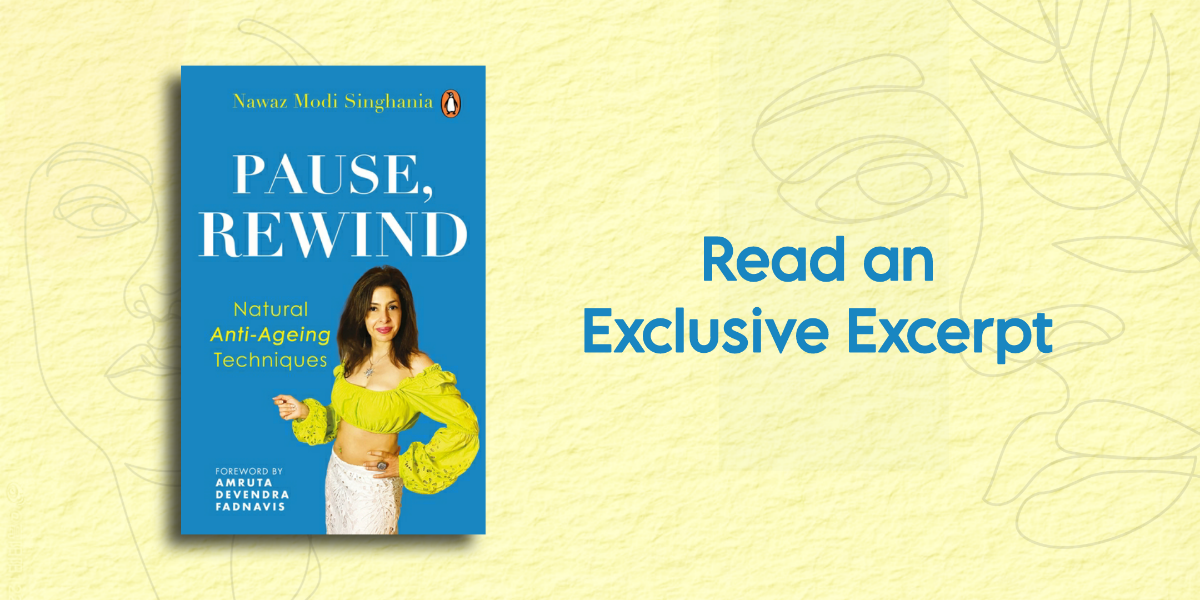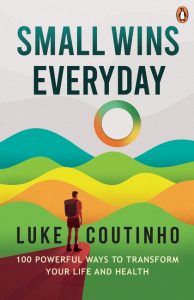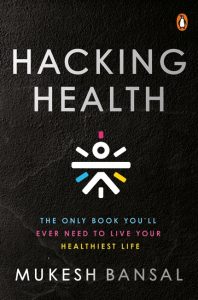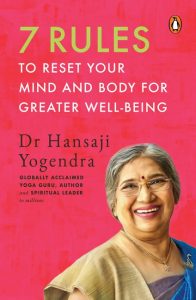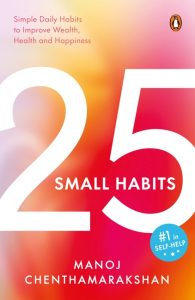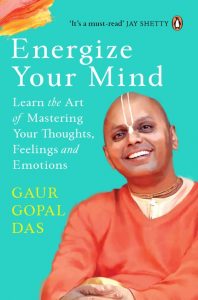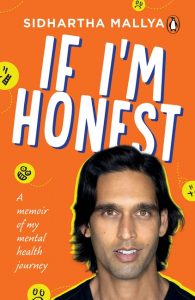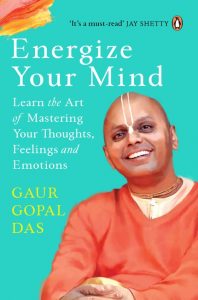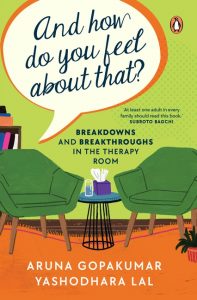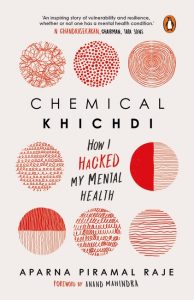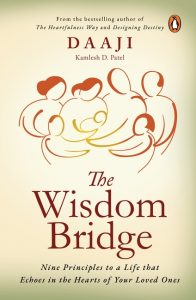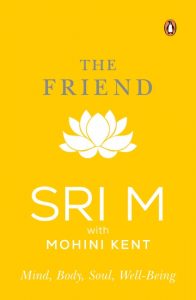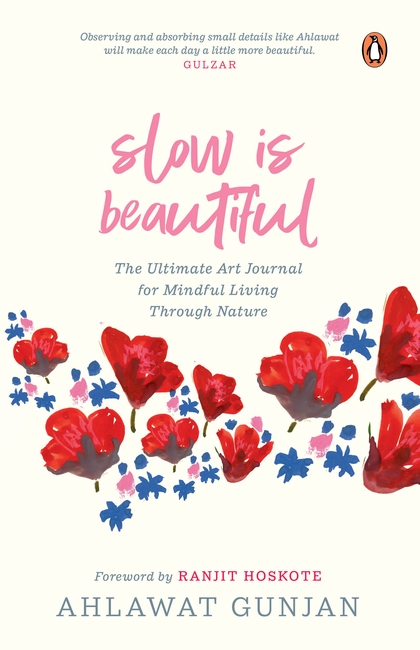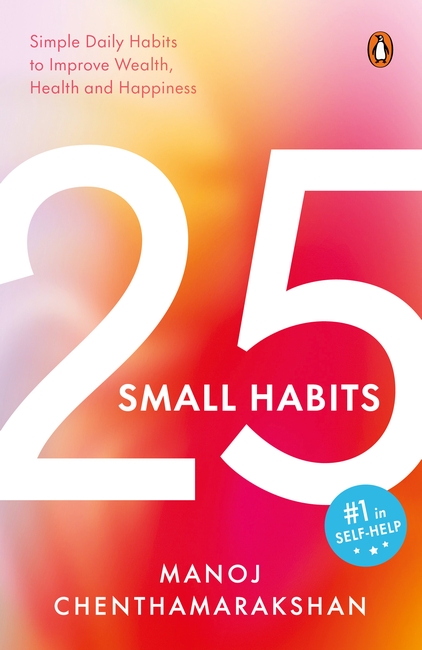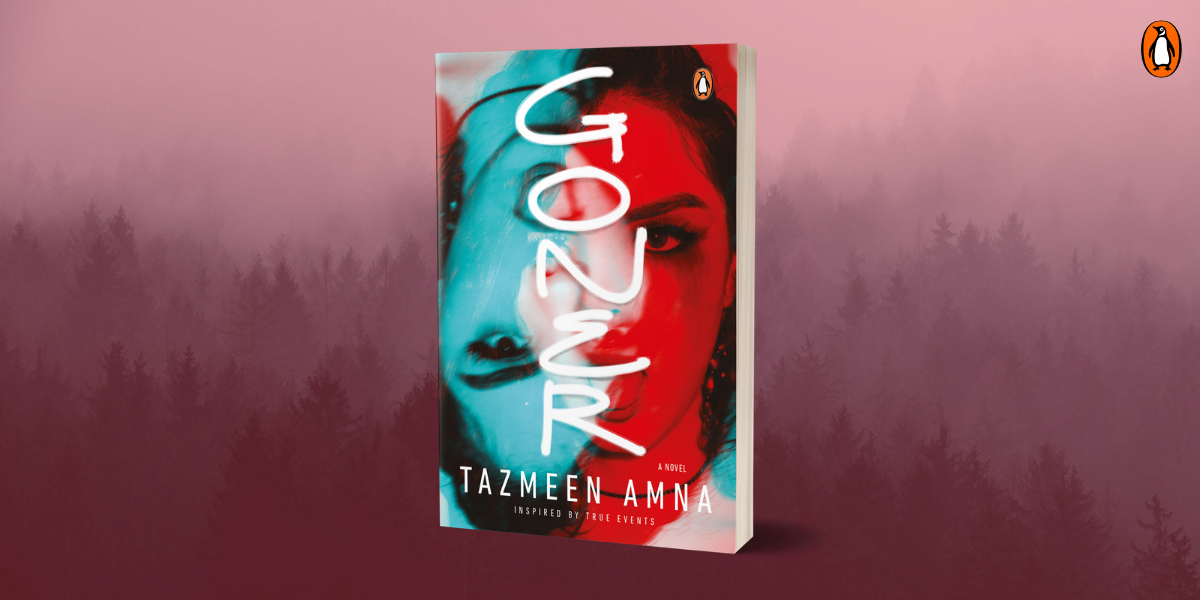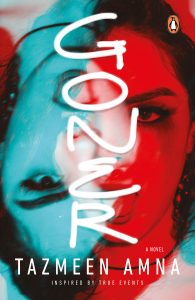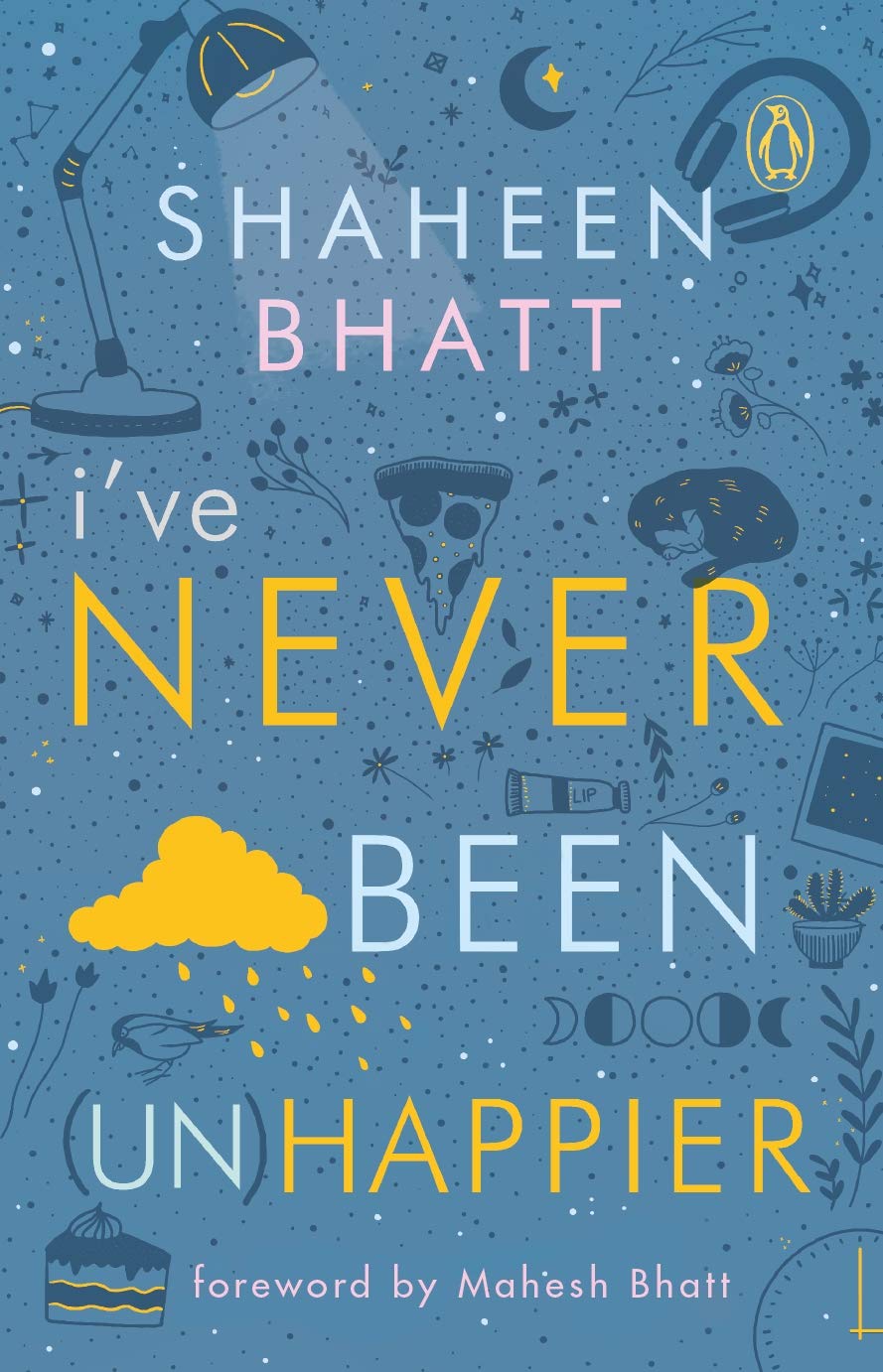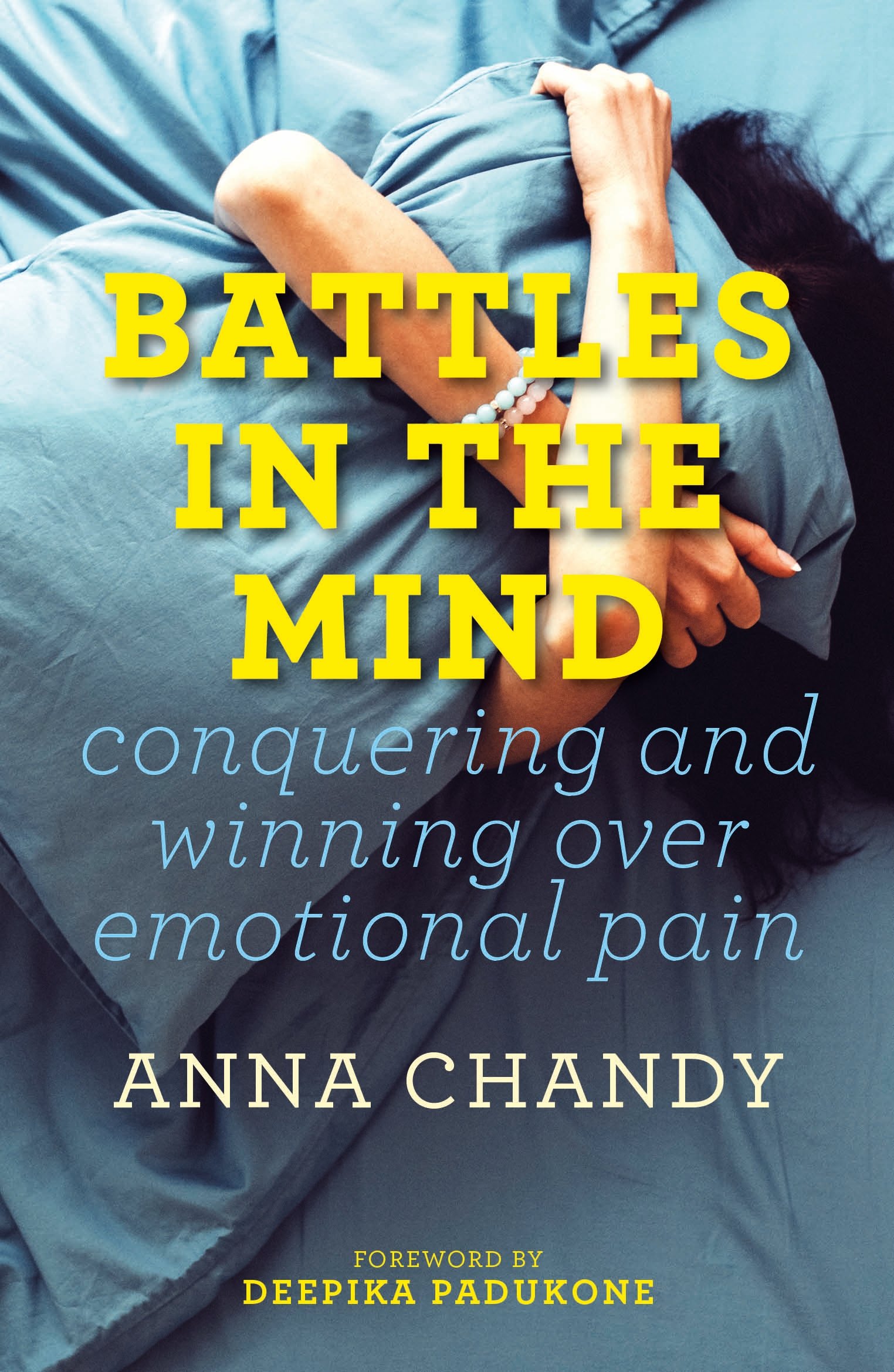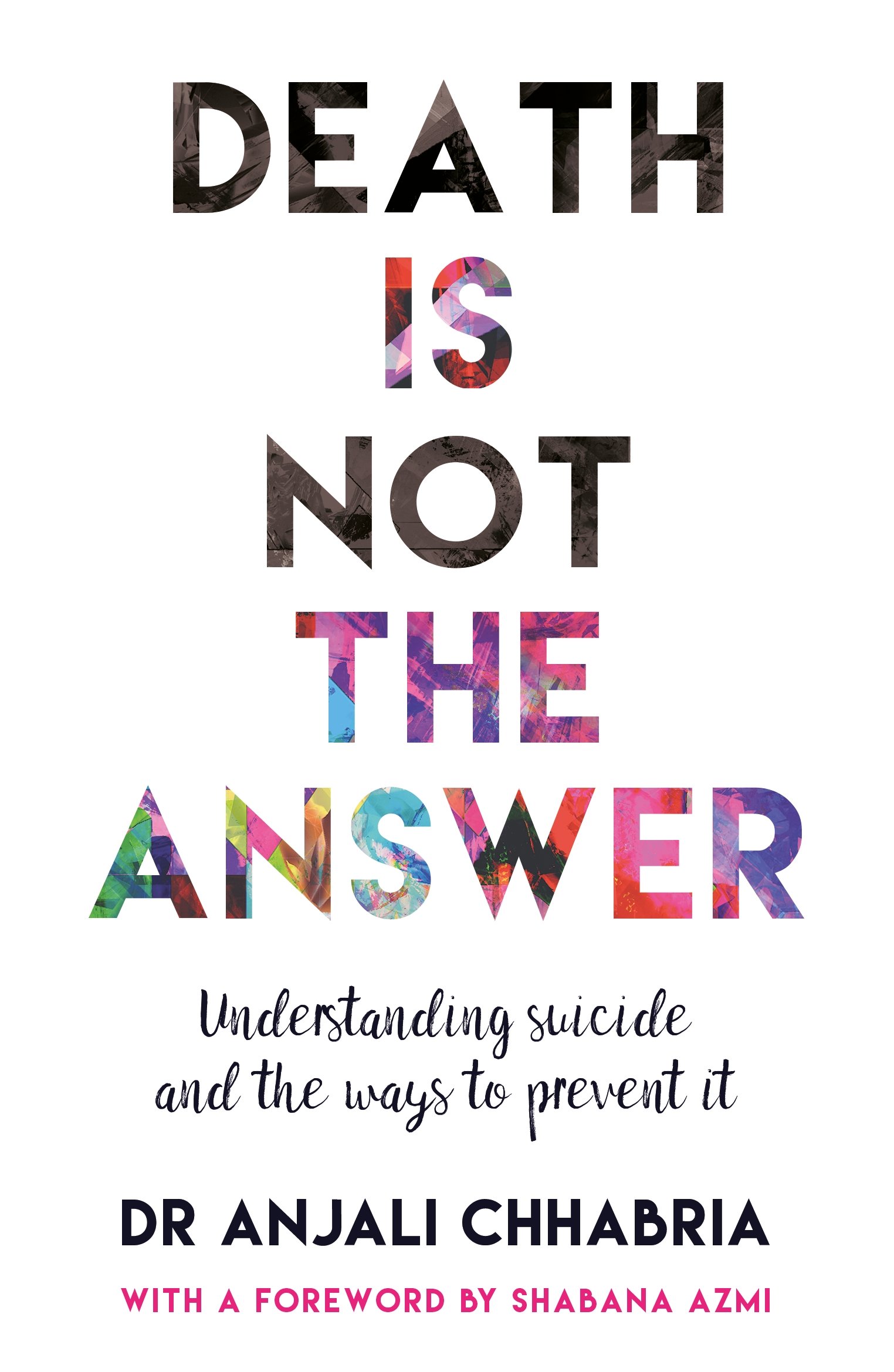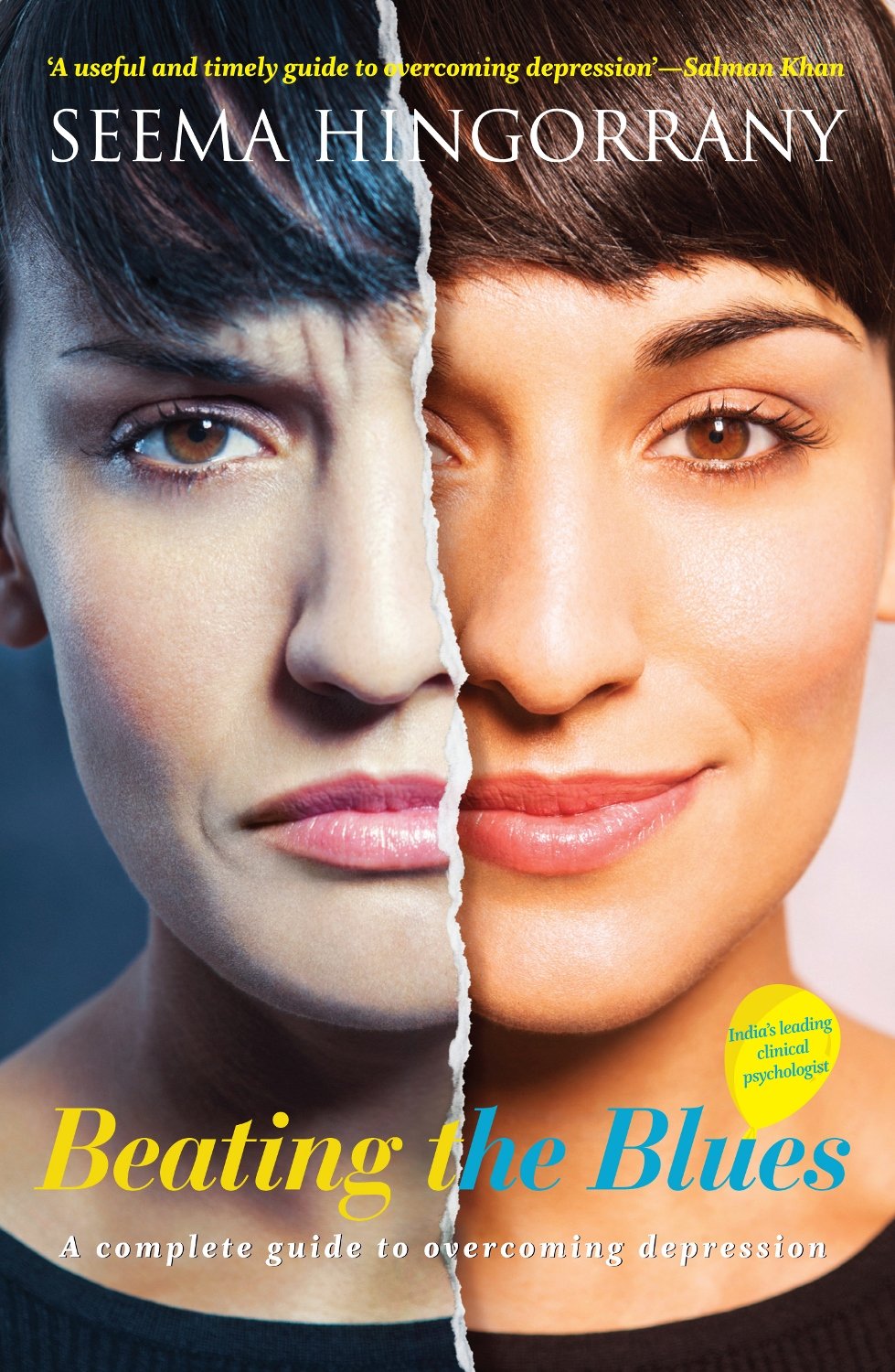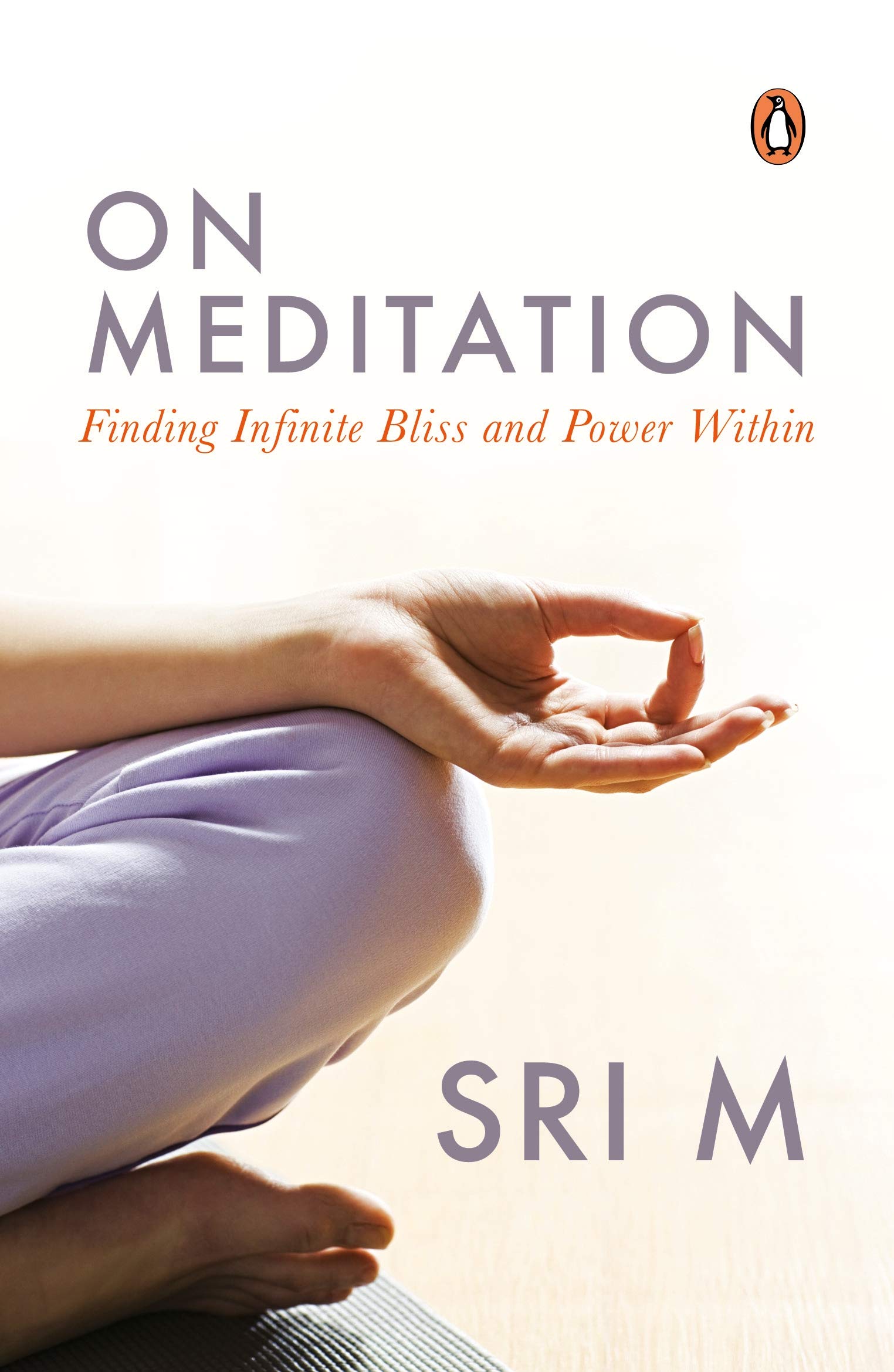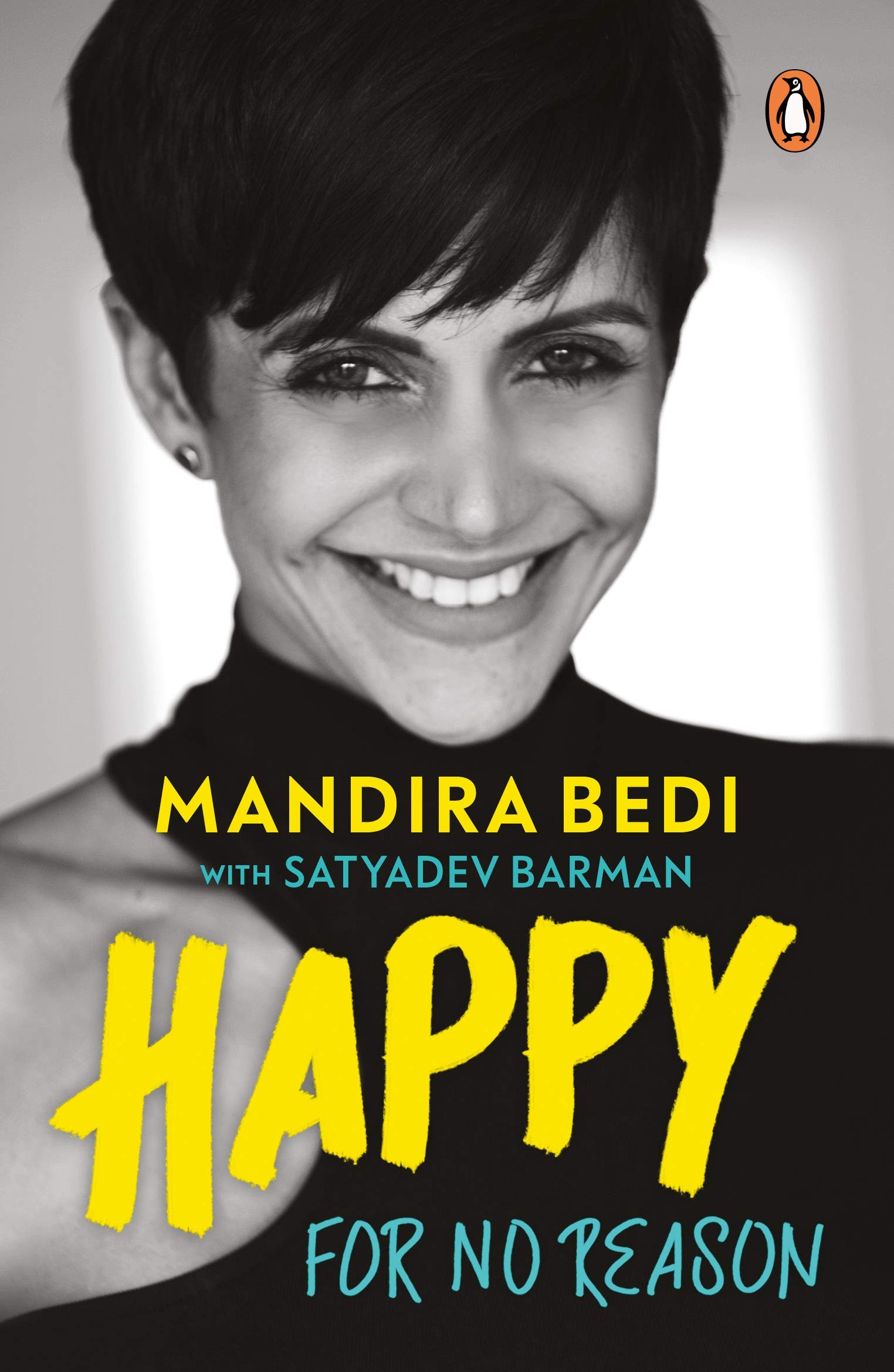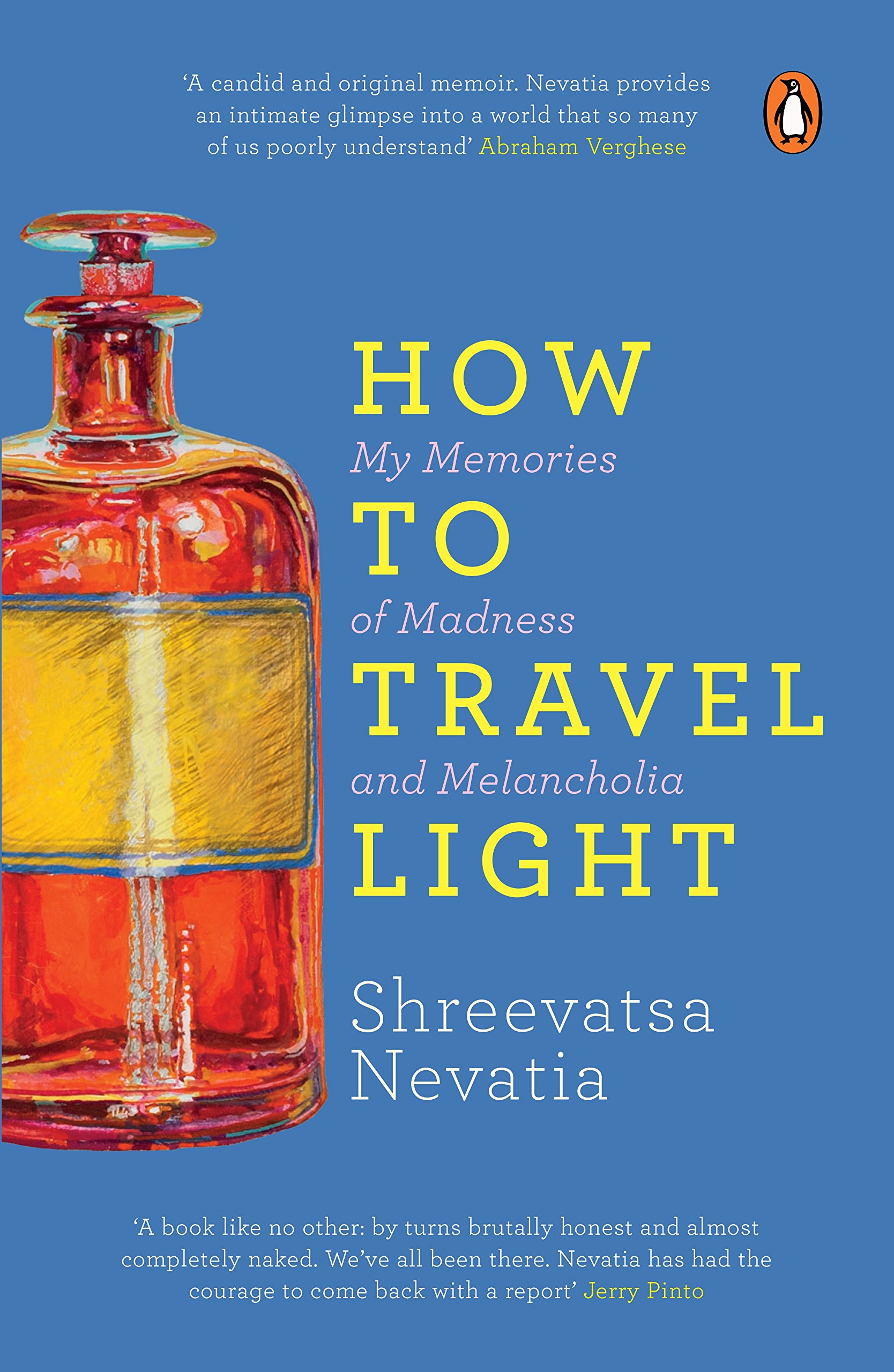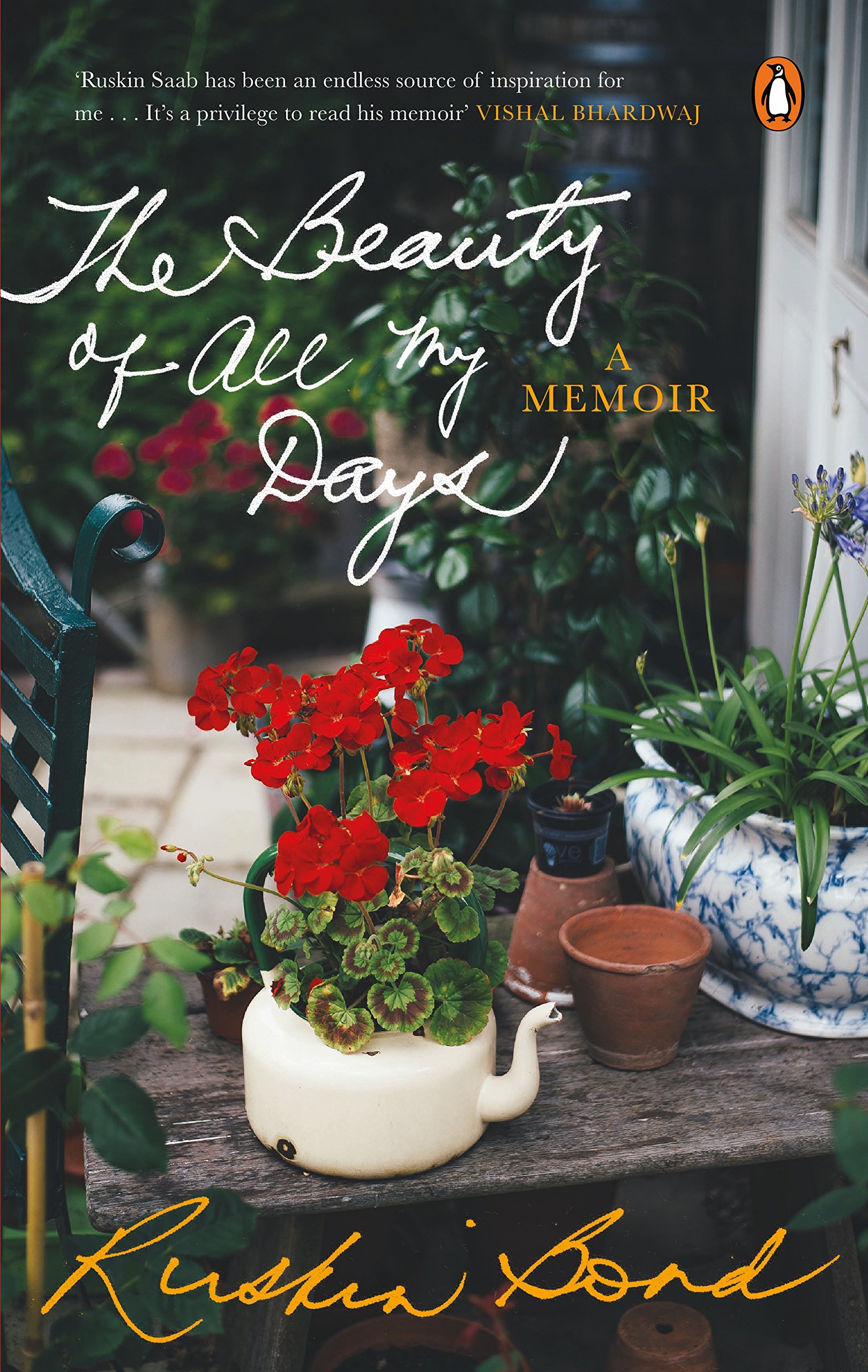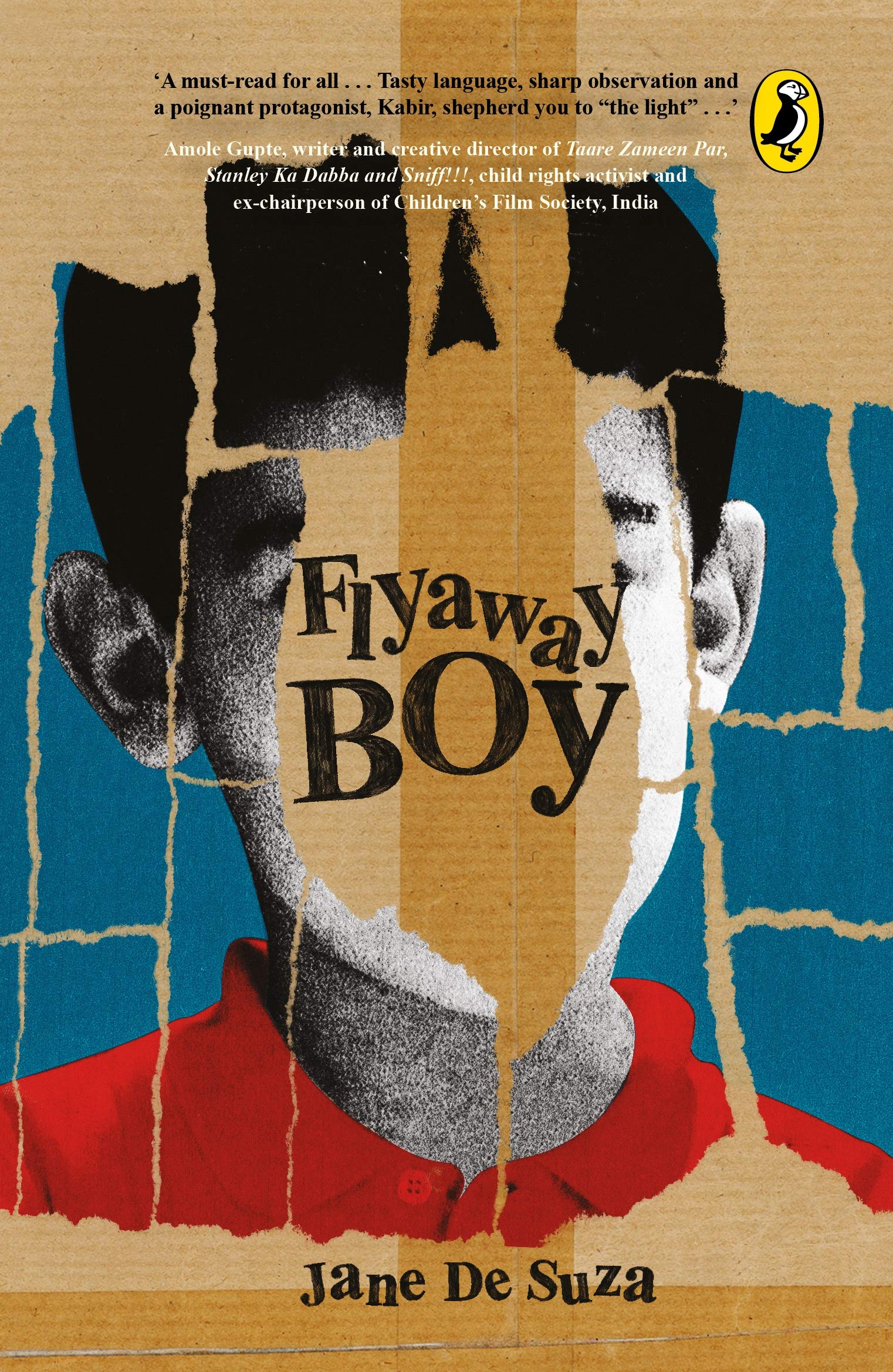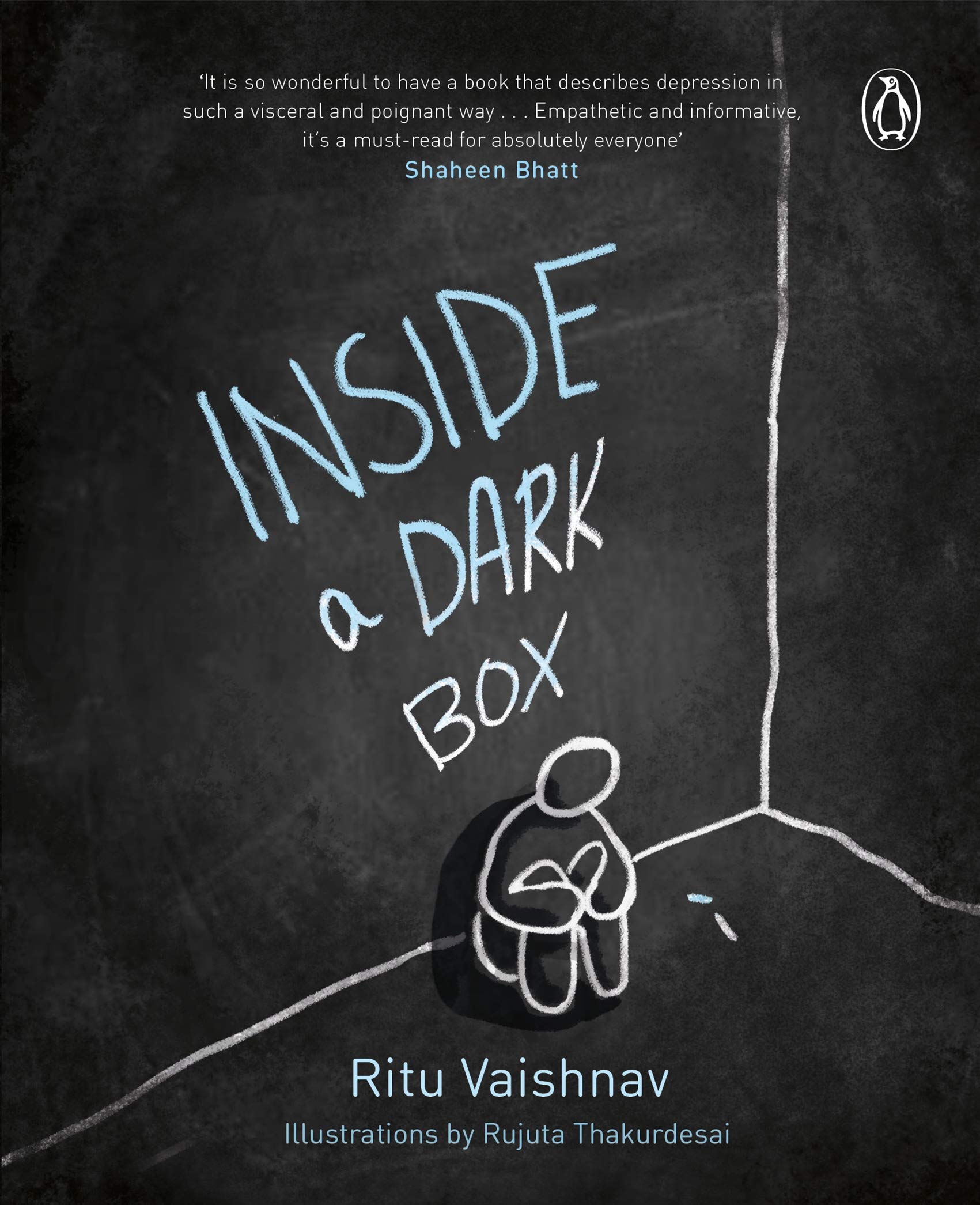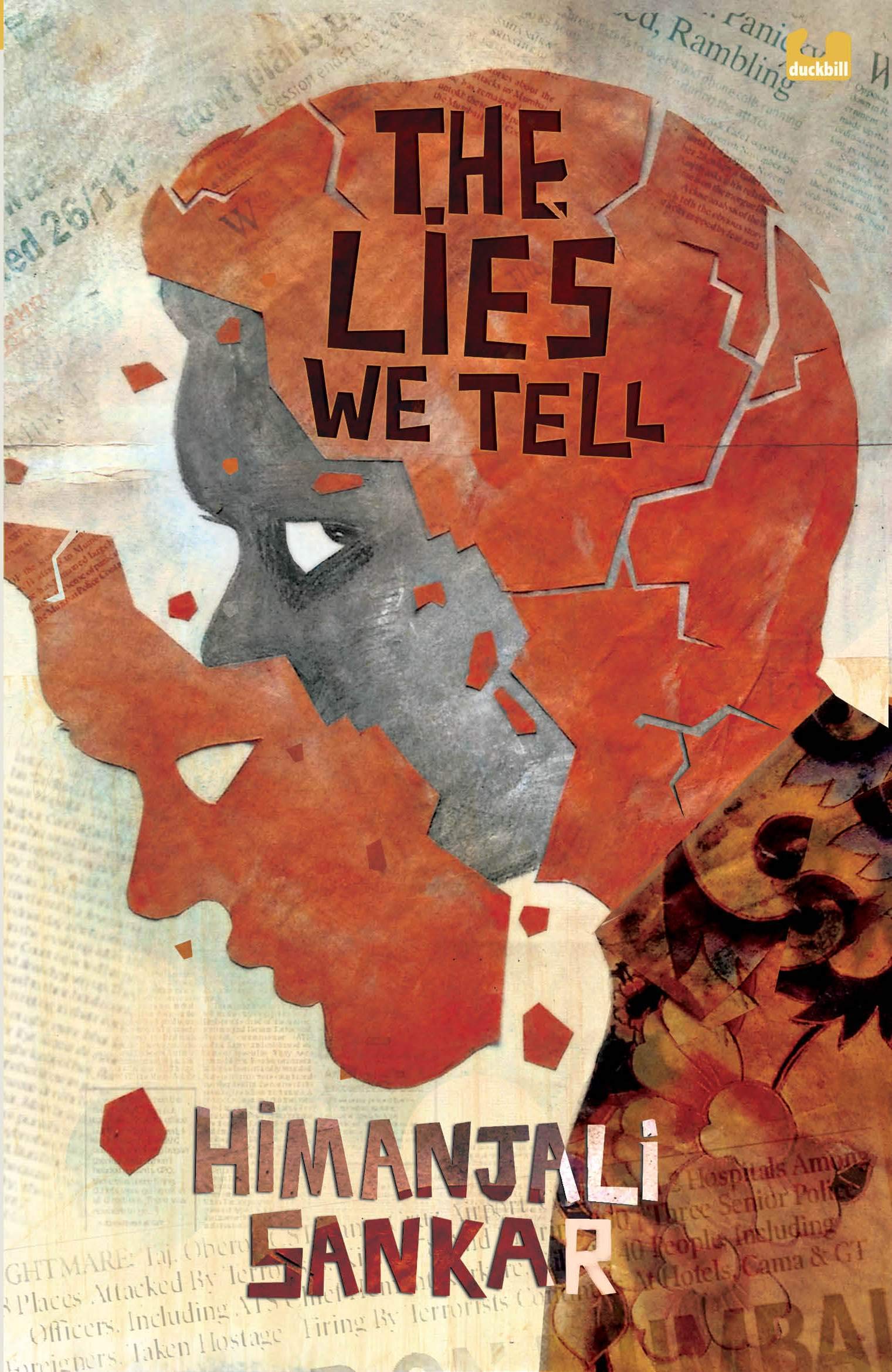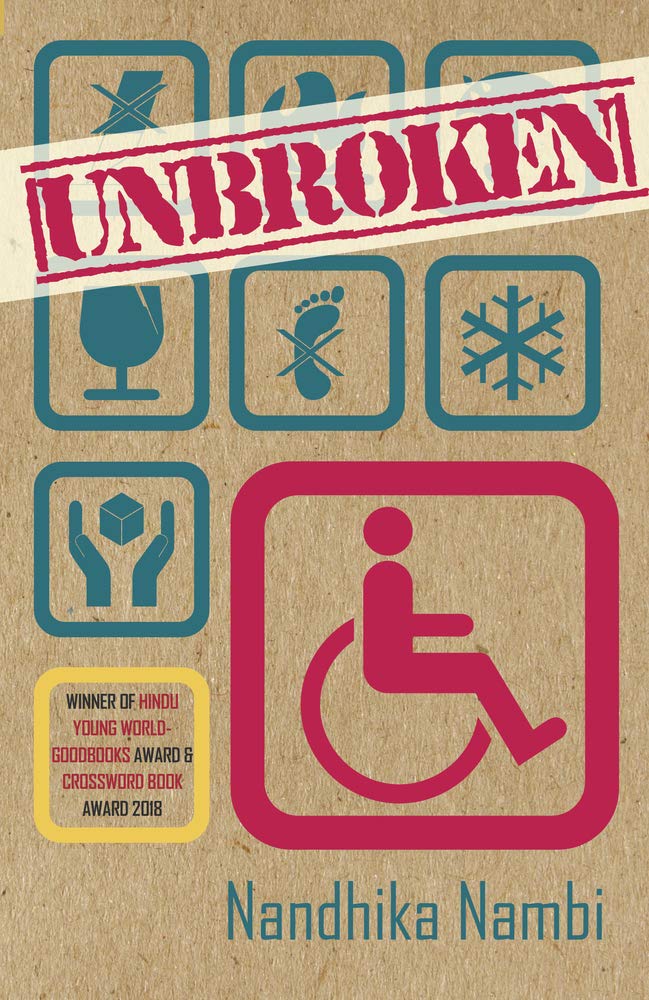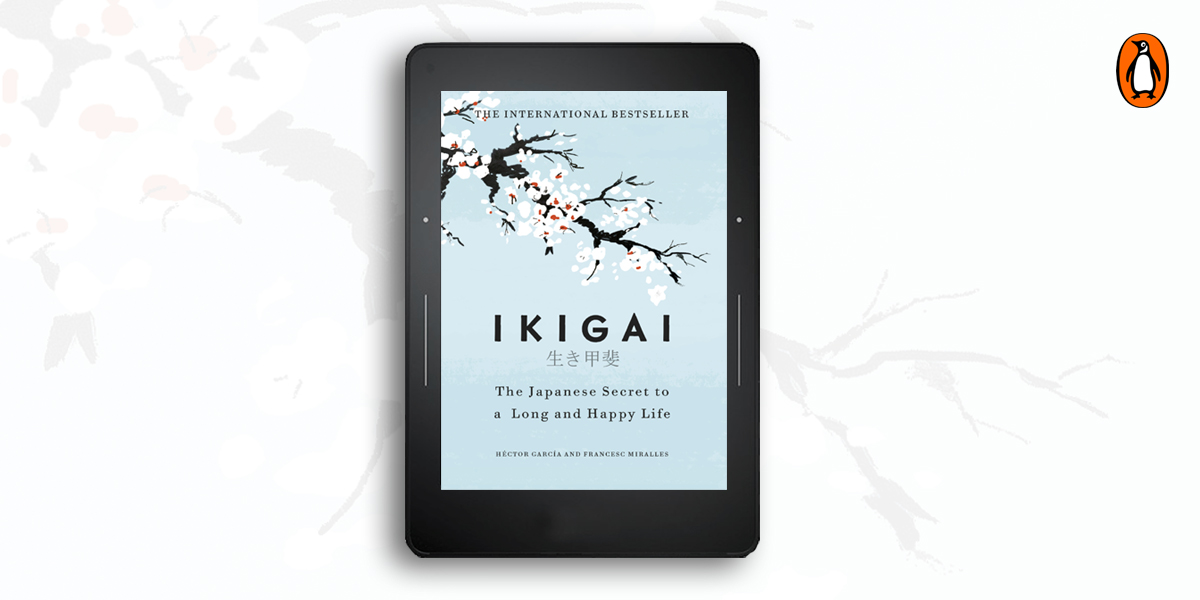Ever wondered how our brains change as we get older? In the book Pause, Rewind by Nawaz Modi Singhania, we explore this fascinating aspect of human health. This exclusive snippet from the book gives us a sneak peek into how our lifestyle choices, exercises for our brains, and other social factors can all play a big role in keeping our minds sharp and active as we age. So, let’s dive in and learn how to keep our minds as vibrant as ever with some natural anti-ageing techniques.
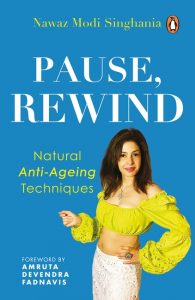
***
Preserving and improving the grey matter as we age
As one ages, there tend to be subtle changes in the structure of the brain that affect the chemistry within and the functioning of the grey matter. This begins in middle age and as we head into our sixties, the actual brain size gets smaller, reducing the blood flow and the levels of neurotransmitters and hormones. The shrinking of the brain in its volume—particularly in the frontal cortex—affects memory, learning and other complex activities. As our vasculature ages and our blood pressure tends to rise, there is an increased risk of strokes and ischemia. Further, when the white matter of the brain develops lesions, the communication between the neurons is not as efficient as it once was, leading to the most common form of dementia, Alzheimer’s.
Actually, by around the age of forty-five, the objective memory performance of an average individual lowers in comparison to what it was in their twenties. However, for most people, these mental slips are minimal and do not progress. For those who are affected though—especially if there is a family history—this is a major concern, because cognitive decline affects independent functioning. It can cause great anxiety and serious problems.
Becoming Cognitive Super-Agers
There is ample research and growing evidence of the fact that lifestyle choices impact cognitive health throughout our lives. Habits such as smoking, alcohol and drug abuse, lack of sleep, high blood pressure and high cholesterol are known factors that lead to cognitive decline. However, the good news is that these can be controlled and improved upon.
First off, exercise! In its impressive array of health benefits, the important one of staying physically fit is how it effectively helps deal with the factors associated with cognitive decline, including relieving insomnia, dealing with anxiety and depression and more. Remember the happy hormones we spoke about? (Refer to Chapter 1, titled “Exercise and It’s Significance”, under subtitle, “Benefits of Regular Exercise”).
The next factor that helps is nutrition. A Mediterranean-style diet, which includes fruits such as avocado and blueberries, nuts, vegetables including the dark leafy ones, dark chocolate, whole grains, beans, seeds, moderate amounts of fatty fish, poultry, dairy products, and limits red meat, sugar, white flour and fried foods, promotes overall health—cardiovascular and otherwise. It lowers your risk of certain cancers and can protect against cognitive decline. Moderate consumption of alcohol (red wine, mostly) too is known to reduce the risk of cognitive decline.
Exercises for the Mind
As you age, performing mental activities gets even more crucial. In daily life, these can include reading, writing, solving math problems and crossword puzzles, playing chess and bridge, engaging in group discussions, listening to or playing classical music, amongst others. Try the memory game we spoke about previously, where you read the newspaper each day and later try to list twenty things you read. Recall the birthdays or phone numbers of twenty important people in your life. As long as you are stimulating the mind, one way or the other, it helps and does lower the risk of brain decline.
Keep it Social
Social interaction has a profound positive effect on health and longevity, especially with reference to friends, more than family. Research shows that people with strong, healthy ties to others are more likely to live longer, have better lives and are less likely to experience cognitive decline than those who are alone. So make sure to maintain a strong network of people with whom you can have meaningful conversations, where you support and care for each other and help reduce each other’s stress levels. Call each other often, eat meals together, step out for a walk, travel if possible, catch up for a movie and generally motivate each other to live a happy, healthy life.
Sleep it Off
Next, sleep—in terms of quality and quantity—is important in ensuring overall health and preventing cognitive decline. The body relies on sleep, along with good nutrition and exercise, for a variety of essential, central functions that are controlled by the brain. While the right amount of sleep differs from person to person, experts recommend at least seven to eight hours of sound sleep a night
Put Your Life In Order
Get organized—make notes, jot down what you need to do in terms of tasks, appointments and other events, and check them off as they get completed. Organize yourself in other ways as well. You should have a place for everything in your home—keys, glasses, medication, mobile, charger, bag, remote, etc.—and have everything in its place. Make this a habit, regardless of your age, because the better you manage and organize yourself, the better your memory is going to be. Training and organizing your brain this way regularly employs the grey matter, keeping the brain’s functionality and efficiency sharper.
***
Get your copy of Pause, Rewind by Nawaz Modi Singhania wherever books are sold.







